Australia, the 6th largest country which is a continent in itself lies in the southern hemisphere of the globe. Australia's name is derived from its location which in the Greek language means ‘southern’. It is a sovereign country comprising the mainland of the Australian continent, the island of Tasmania, and numerous smaller islands. The population of Australia is 25 million which is highly urbanized and heavily concentrated on the eastern seaboard. The capital city of Australia is Canberra, and the largest city is Sydney. Other major metropolitan areas of the country are Melbourne, Brisbane, Perth, and Adelaide. The country was inhabited by Indigenous Australians for about 65,000 years before the arrival of Dutch explorers in the early 17th century, who named it New Holland. In 1770, Australia’s eastern half was claimed by Great Britain and was initially settled through penal transportation to the colony of New South Wales from 26 January 1788, a date which is Australia’s national day as well. Australia is a highly developed country, with the world’s 14th-largest economy. It has a high-income economy, with the world’s tenth-highest per capita income. It is a regional power and has the world’s 13th-highest military expenditure. It has the world’s eighth-largest immigrant population, with immigrants accounting for 29% of the population.
The fact of an increased percentage of immigrants in Australia reveals that the country has become a place of attraction for people throughout the world, be it for education or settlement. So Australia is the targeted destination for many of the prospect-seeking people of the world, Nepal not being an exception.

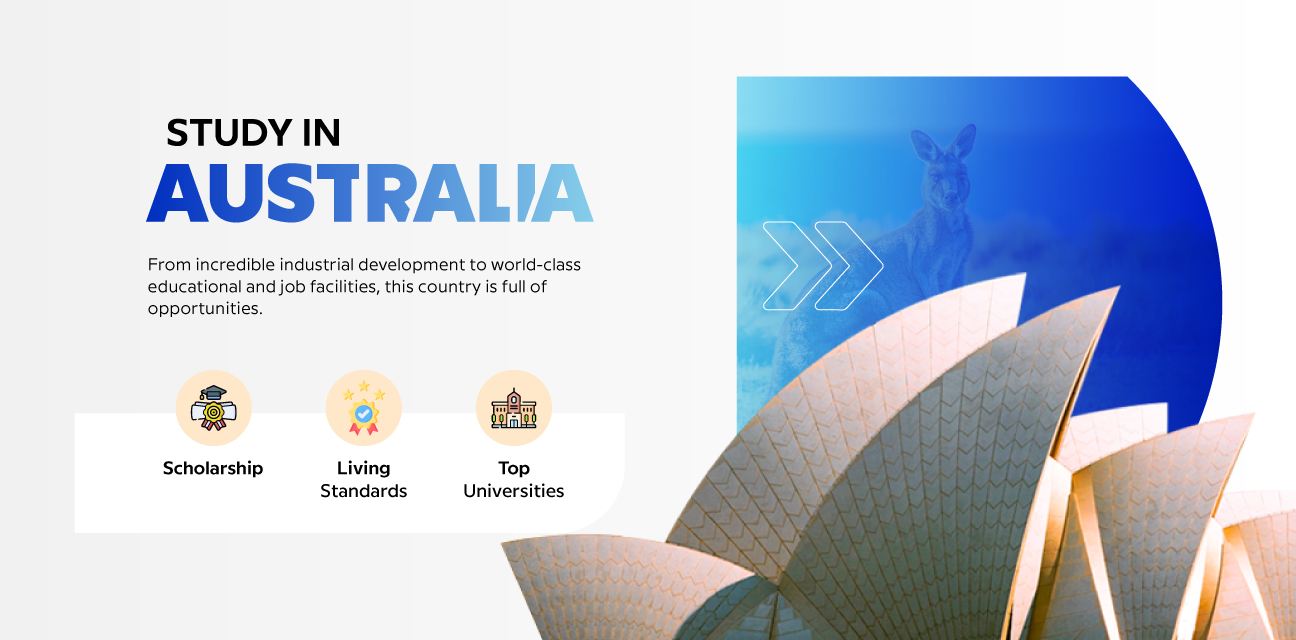
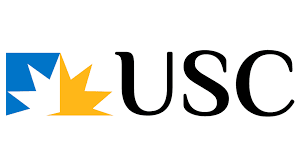
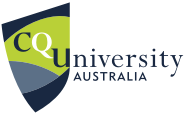

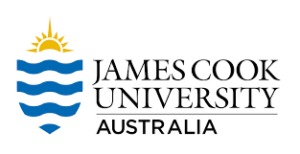

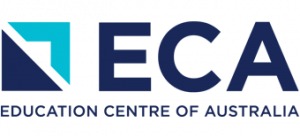
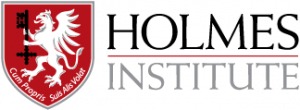


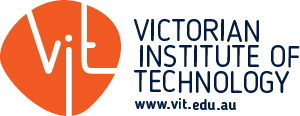
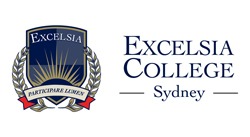




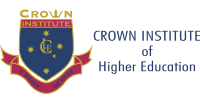










Book a free consultation with our experts